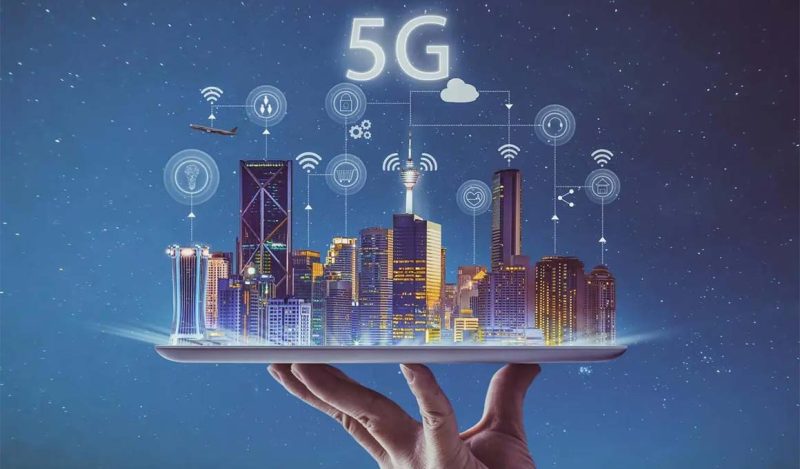The deployment of 5G technology has the potential to significantly impact everyday life across various domains. Here are some ways in which 5G can influence and enhance our daily experiences:
Faster Internet Speeds:
- 5G offers significantly faster data transfer speeds compared to previous generations. This means quicker downloads, seamless high-definition content streaming, and improved internet performance. This can enhance the user experience for activities like video streaming, online gaming, and video conferencing.
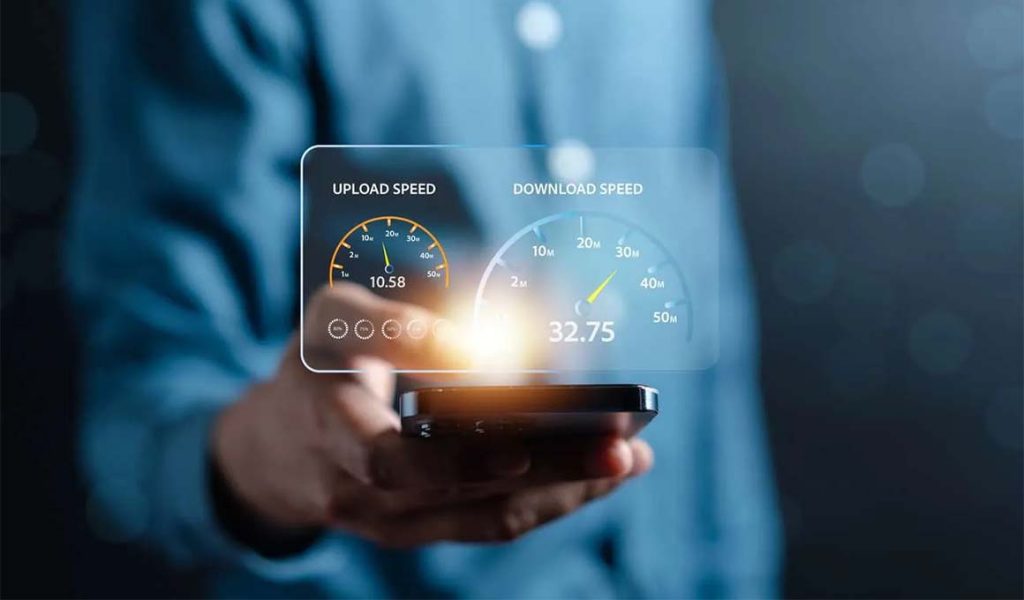
Low Latency:
- 5G networks provide lower latency, reducing the delay between sending and receiving data. This is crucial for applications that require real-time interaction, such as online gaming, augmented reality (AR), and virtual reality (VR). Lower latency also enhances the responsiveness of applications like video calls and remote control systems.
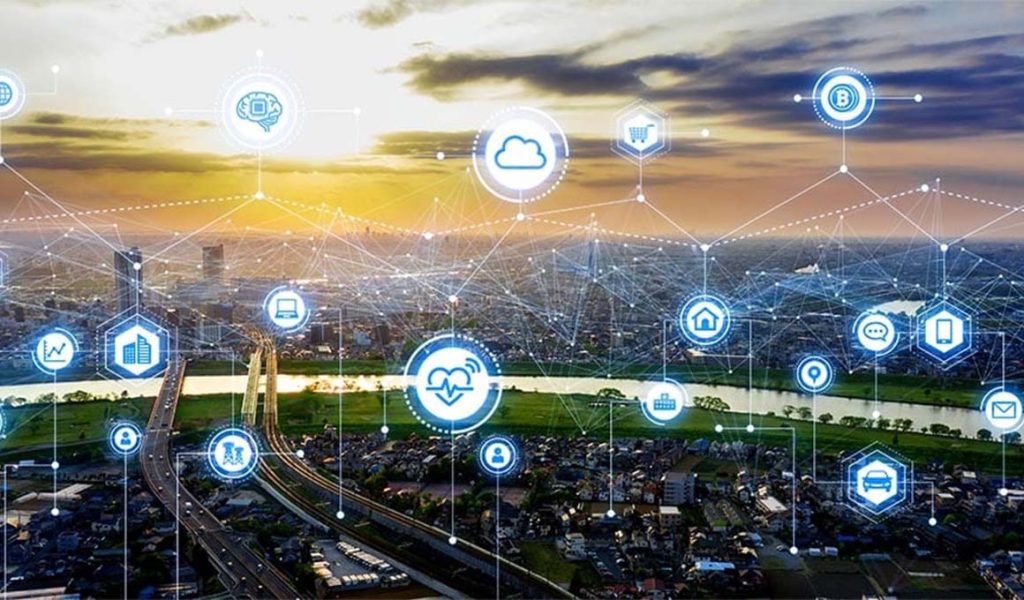
IoT Connectivity:
- 5G is designed to handle a massive number of connected devices simultaneously. This is particularly important for the Internet of Things (IoT), where devices ranging from smart home appliances to industrial sensors can communicate efficiently and in real-time. This could lead to more interconnected and automated homes and industries.
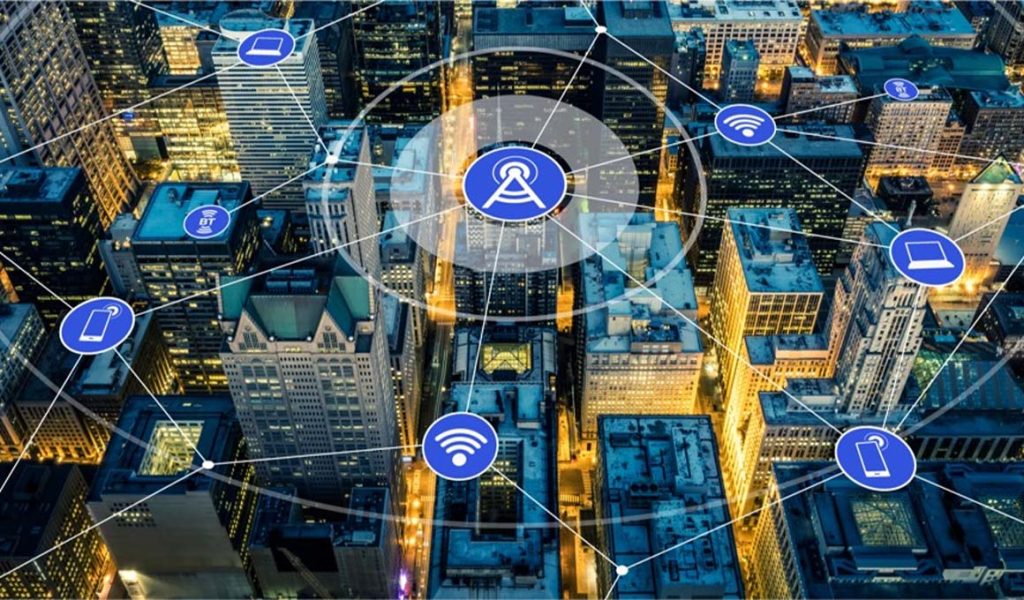
Enhanced Mobile Experiences:
- Mobile devices connected to 5G networks will experience faster data speeds and lower latency, providing users a smoother and more responsive mobile experience. This could result in improved mobile applications, richer multimedia content, and more efficient use of mobile services.
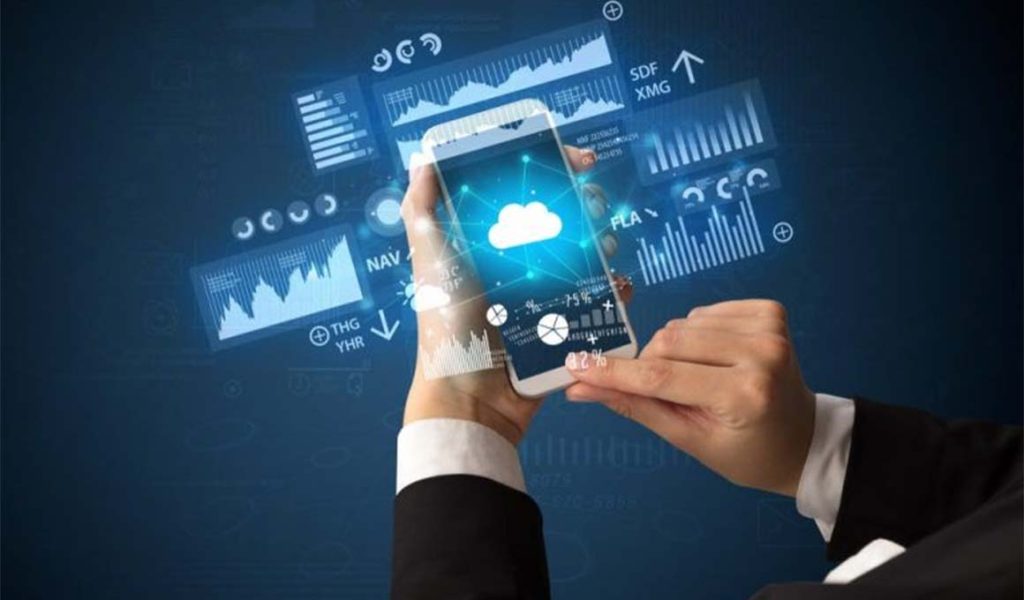
Innovations in Healthcare:
- 5G can enable telemedicine and remote healthcare advancements by providing high-speed, low-latency connections. Remote patient monitoring, augmented reality-assisted surgeries, and the quick transfer of medical data can be facilitated, improving healthcare accessibility and efficiency.
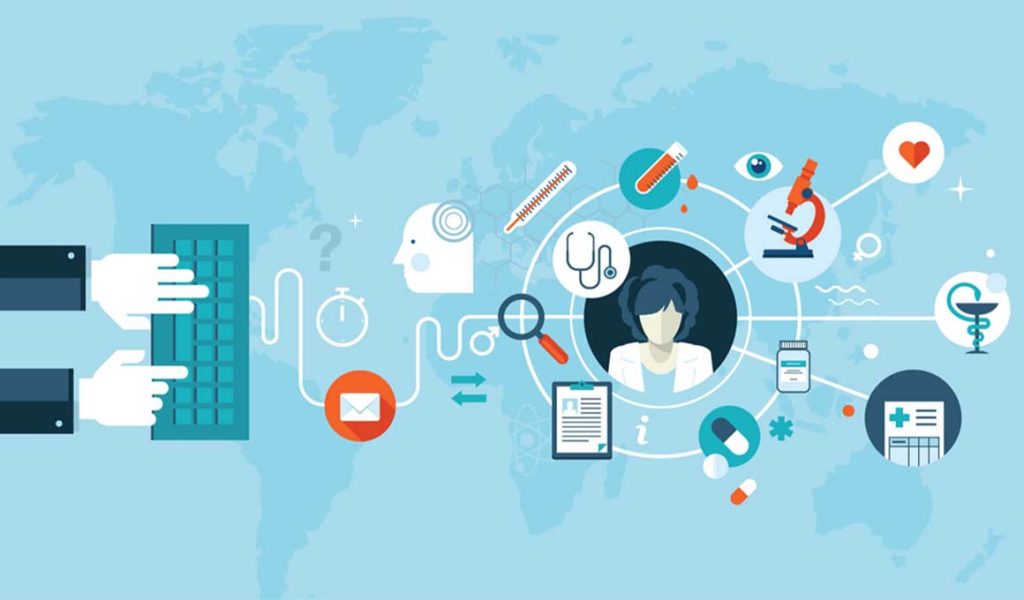
Autonomous Vehicles:
- The low-latency and high-speed capabilities of 5G are crucial for developing and deploying autonomous vehicles. 5G networks can support real-time communication between vehicles and infrastructure, contributing to safer and more efficient transportation systems.
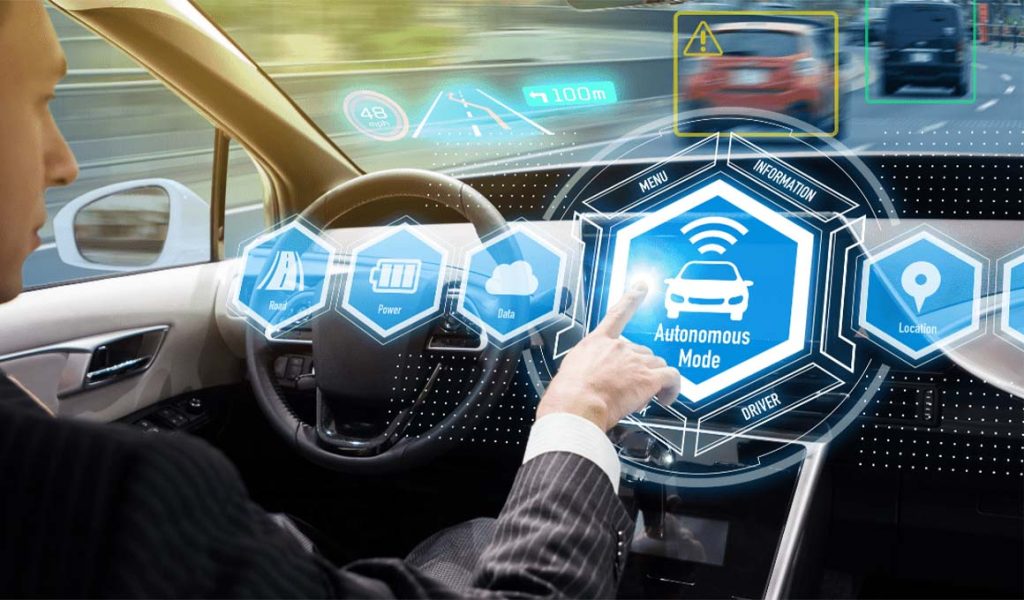
Smart Cities:
- 5G technology plays a key role in the development of smart cities. It enables efficient communication between sensors, devices, and infrastructure, improving public services, traffic management, energy efficiency, and urban planning.
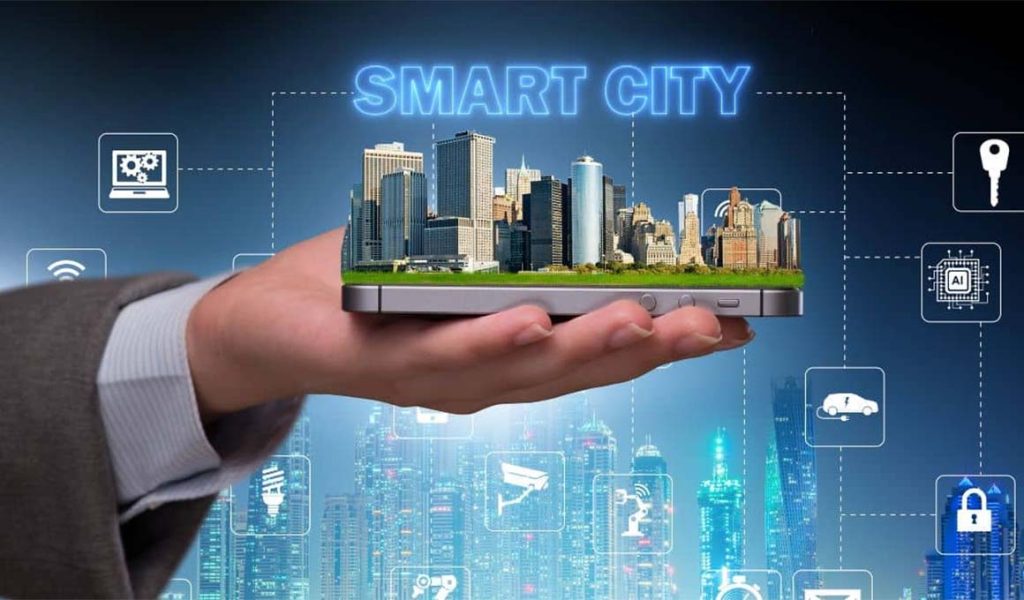
Education and Remote Learning:
- 5G can enhance remote learning experiences by providing high-quality video streaming, interactive content, and real-time collaboration tools. This is especially relevant in situations where traditional classroom learning is not feasible.

Improved Industrial Processes:
- In industries, 5G can support the implementation of advanced technologies like augmented reality (AR), virtual reality (VR), and machine-to-machine communication. This can lead to more efficient and automated industrial processes.
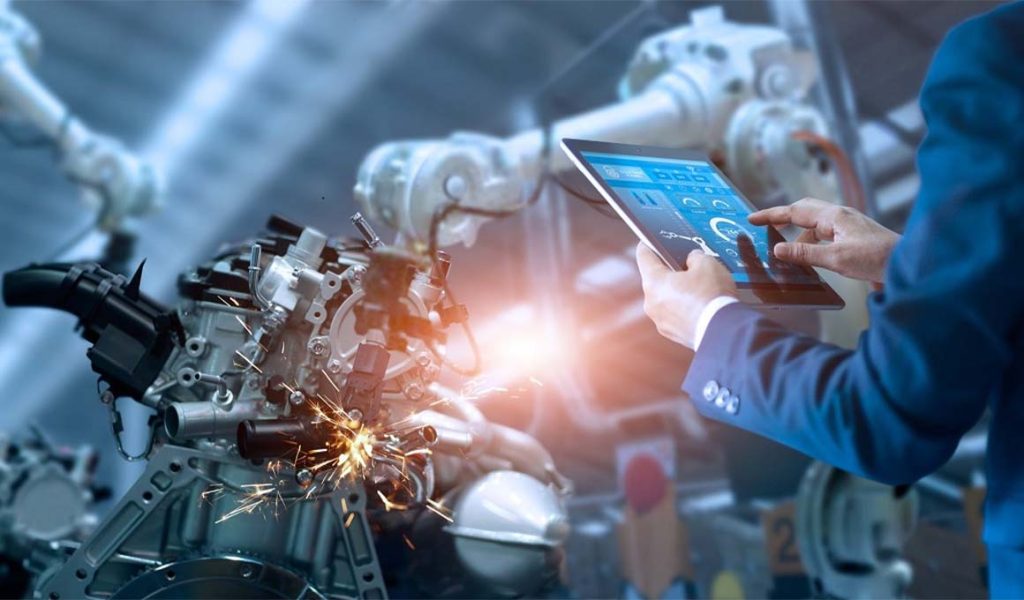
Entertainment and Media:
- 5G can revolutionize the entertainment industry with faster download and streaming speeds. This may lead to new interactive and immersive content forms, such as augmented reality experiences and virtual reality entertainment.
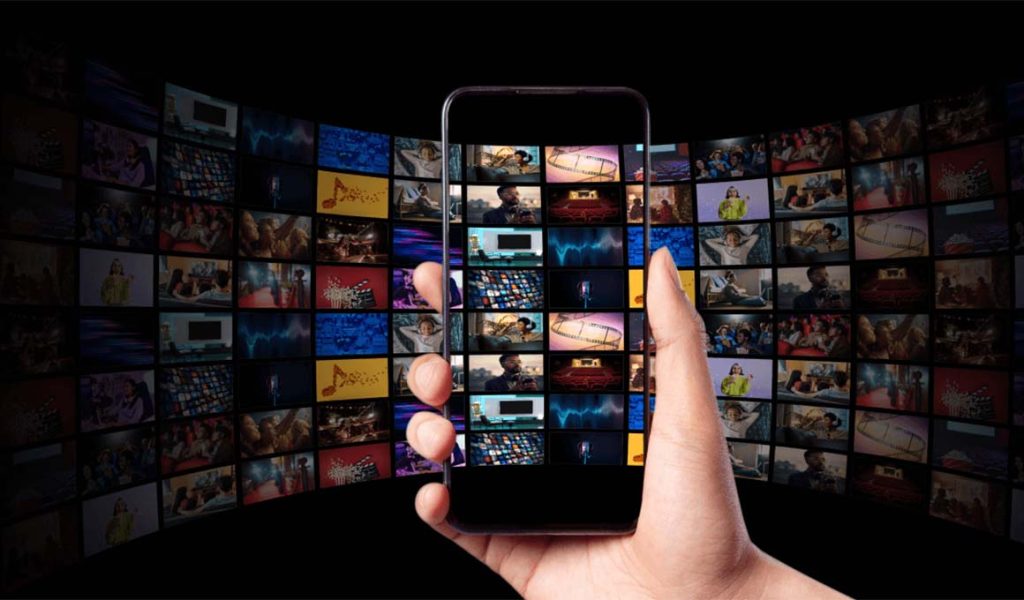
While 5G brings numerous benefits, it's essential to consider and address potential challenges, including privacy concerns, cybersecurity issues, and the need for extensive infrastructure development to support widespread 5G adoption.




